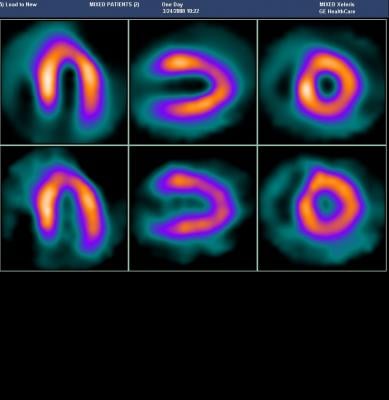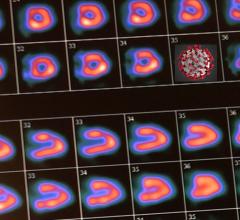
May 10, 2019 — Shine Medical Technologies Inc. broke ground on their first medical isotope production facility in Janesville, Wis. U.S. Department of Energy (DOE) Under Secretary for Nuclear Security and Administrator of the National Nuclear Security Administration (NNSA) Lisa Gordon-Hagerty, Lantheus Medical Imaging President and CEO Mary Heino and Janesville City Manager Mark Freitag joined Shine founder and CEO, Greg Piefer, and the Shine team to celebrate the milestone.
The groundbreaking follows the recent transfer of 91 acres of land from the City of Janesville located across from the Southern Wisconsin Regional Airport. Once complete, the 43,000-square-foot facility will be home to eight of Shine’s accelerator-based medical isotope production systems, capable of producing more than one-third of global demand for the medical isotope molybdenum-99 (Mo-99). Shine currently employs more than 90 people and expects to hire approximately 60 more before the completion of the facility.
“I am very proud of the role NNSA has played in our public-private partnership with SHINE,” Gordon-Hagerty said. “Not only are we assisting in saving lives, but we are promoting the elimination of material in civilian applications that might otherwise fall into an adversary’s hands for use in a terrorist threat. DOE/NNSA looks forward to celebrating future successes together.”
Domestic production of molybdenum has been an important topic for many years. Molybdenum-99 (Mo-99) is the precursor element to technetium-99m (Tc-99m), the most widely used radioisotope in medical imaging. Prior to 2018, Mo-99 could only be produced from enriched uranium by facilities outside the United States. This required a complicated supply chain that involved shipping enriched uranium from the U.S. According to the U.S. Food and Drug Administration (FDA) and the Nuclear Regulatory Commission (NRC), this left the U.S. vulnerable to possible shortages and/or supply chain issues. The situation became more urgent in 2016 when Chalk River Laboratories (CRL), the Canadian facility that was the world’s largest production reactor for medical nuclear imaging isotopes, ceased production of Mo-99.
Last year, the FDA cleared the way for the first domestic supply of Tc-99m with the approval of the NorthStar Medical Radioisotopes’ RadioGenix System, which produces Mo-99.
For more information: www.shinemed.com
Related Tc-99m Content
FDA Clears Path for First Domestic Supply of Tc-99m Isotope
FDA Commissioner's Statement on FDA Clearance of Northstar's Technology
Cardiologists Continue Imaging Despite Isotope Shortage by Using Fewer Radiopharmaceuticals


 November 12, 2025
November 12, 2025 









